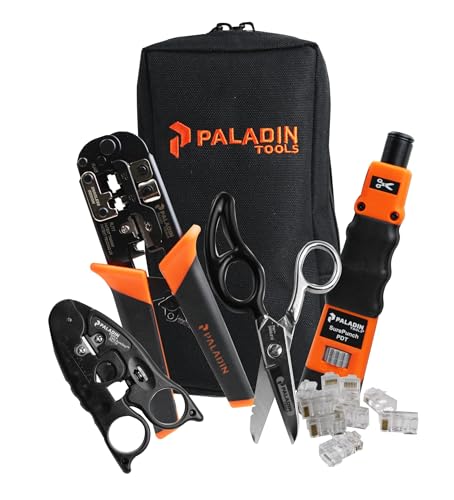My biggest piece of advise would be to take a prep course, like Testmasters. I found it extremely cumbersome to try and study the PPI practice problems and the Six Minute Solutions. These questions go into WAAAY more detail than the test questions do which will actually cause you to overthink each problem. The worst thing you can do on this exam is overthink the problems. The questions are pretty straightforward and if you've practiced enough, you should be able to spot how to work the problem very quickly. I studied here and there for a couple hours/day about 2-3 days per week the 3 months leading up to the exam. The 6 weeks prior to the exam I started a prep course and that is when I really buckled down. After every session I would go home and work the example problems and summarize that day's topics + read up on the next day's topics. I would spend the days between training going back over all this info and doing the practice exams.
Make a summary/conversion sheet out of computer paper and put it somewhere easily accessible. I put mine in the front of my reference binder and it was probably 4 pages total (front only). These included equations for efficiency of different machines, generic markups for the power cycles, conversions (i.e., kW to Btu/hr, hp to kW, CFS to gpm, etc.). This will speed up most of the process of getting to the answer.
Prep courses are best in my opinion because they prepare you MENTALLY for the exam. They also give you lots of tips that have helped lots of people, like myself, pass the exam with good grades. I took the Testmasters course for TFS and I passed the October 2018 PE with a score of 85.
I would also google "best foods to help your brain during tests" or something like that. I bought a lot of these foods and ate them at the lunch break. It really helped me in the afternoon portion.
Get a motel close to the exam site the night before (unless you live very close). This will help you in the event your car magically doesn't start the next morning.
Take $50 cash money. DO NOT just show up with a debit/credit card.
Tabulate your books and be familiar with them. I can't stress this enough. You must be familiar with your books. Know where every equation is that you will need. If it's one single equation/conversion in a section, just add it to your summary sheet. Don't waste your time flipping through books looking for one thing. Use large enough tabs that you can easily read the section/item you are tabbing. Don't use the tiny tabs that you can barely write on.
Books I used:
MERM - tabulate this bad boy as much as you have to but only tabulate the items you need for your exam. Don't tabulate everything.
Pressure Vessel Handbook (14th ed. Megysey)
Fluid Mechanics (2nd ed. Cengel/Cimbala)
Heat and Mass Transfer (4th ed. Cengel/Ghajar)
Thermodynamics (6th ed. Cengel/Boles)
Note, I said the above are the books I used. I took in a couple more that I did not need. One I didn't use was the Machinery's Handbook (29th ed.) from Industrial Press which some say you need and some don't. I personally didn't use it for the exam, but I did find it helpful for a few of the NCEES practice exam problems. My point is, it's better to have it and not need it, than not have it and need it.
Lastly, this is my most important piece of advice. Take the last day off before the exam and just chill. If you don't know it by now, you won't know it during the test. Enjoy your day doing something you like (but nothing dangerous, it would suck to be admitted to the hospital the day before the exam) or visit with family. I personally spent the morning with my wife and son enjoying playing with them and after lunch I drove to the motel and watched TV, went to a good dinner, drove around the exam site area to get familiar with it, and just relaxed.
Also, I'm not some hippie, feel good person, but it helped me tremendously to believe I was prepared and believe I did well. I didn't feel like I did well after the test, of course, but I believe that mental preparation can determine your outcome.






















